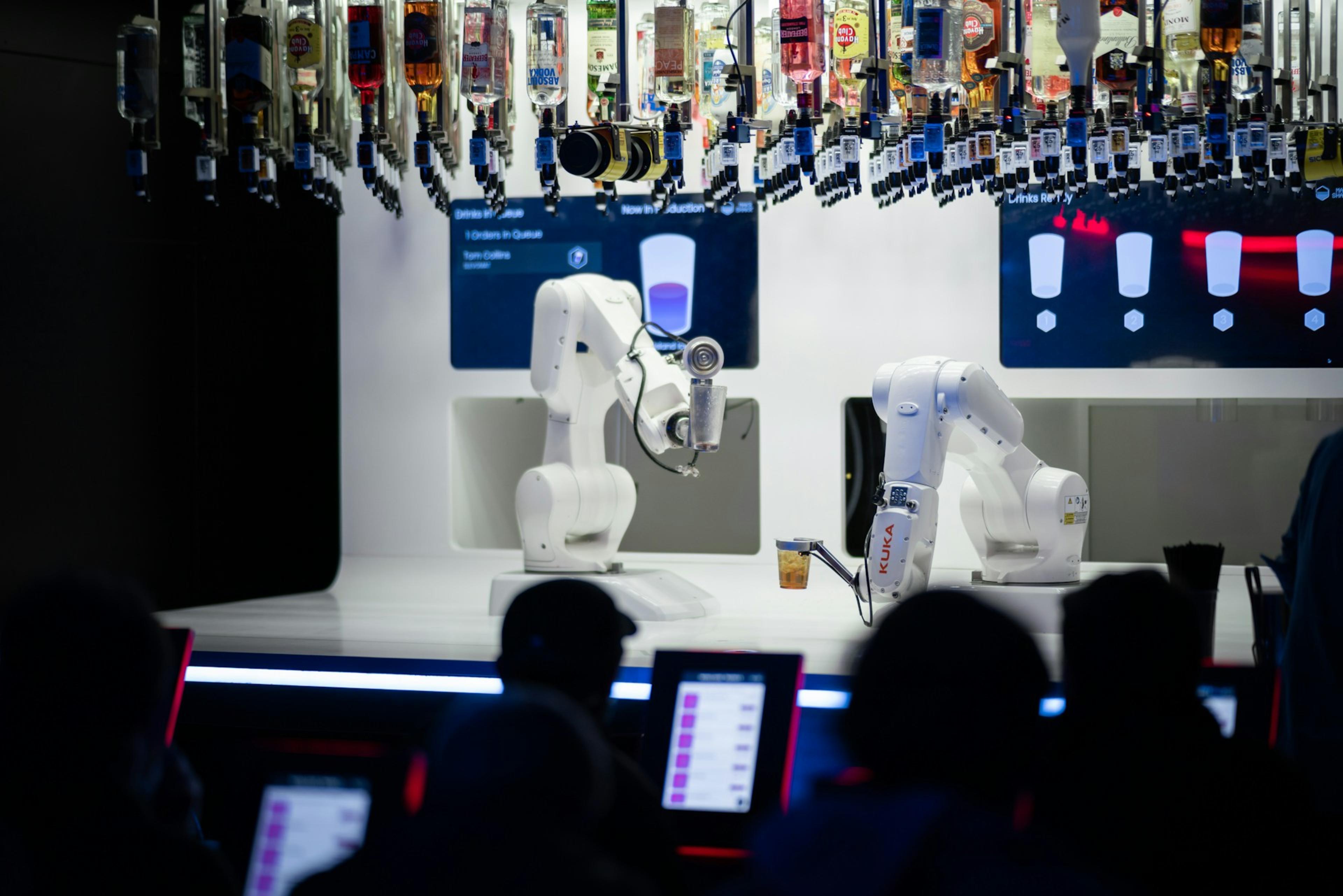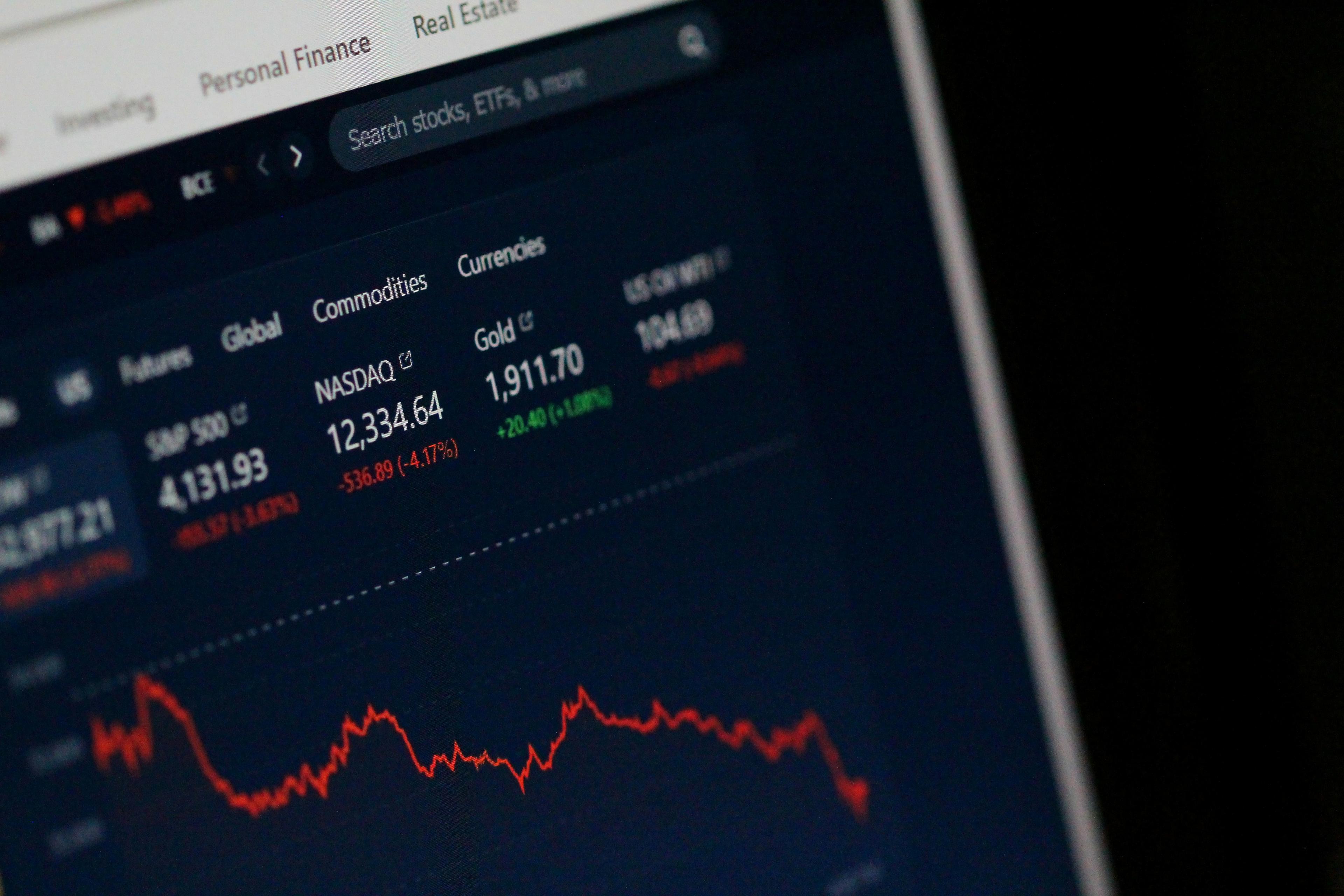
Robotics is a rapidly growing industry. With applications spanning across multiple sectors such as manufacturing, logistics, and healthcare. It is used to run and manage mass operations in some cases, while it's used for high accuracy and precision operations in others. For example, in healthcare, robotics is becoming essential in surgeries, with the future heading towards robots capable of performing surgical procedures autonomously. The robotics market size was estimated to be $46 billion in 2023 and is expected to reach $73 billion in 2029.
ROBO Overview
The ROBO Global Robotics & Automation Index ETF (ROBO) was launched back in 2013 to "invest in global companies that are driving transformative innovations in robotics, automation, and artificial intelligence (RAAI)" as per Robo Global, the fund's issuer. As of October 2024, the ETF has net assets of $1.07 billion.
ROBO Holdings
ROBO ETF holds a diversified portfolio consisting of 78 companies (as of October 2024). The current top 10 holdings are:
- SYMBOTIC INC
- CELESTICA INC
- NVIDIA
- IPG PHOTONICS CORP
- INTUITIVE SURGICAL INC
- JOHN BEAN TECHNOLOGIES CORP
- NOVANTA INC
- ROCKWELL AUTOMATION INC
- ATS CORPORATION
- ILLUMINA INC
These 10 companies make up 18.17% of ROBO's holdings. The top company makes up 2.15% of the assets, and the least company makes up 0.38%. Symbotic Inc. is a robotics warehouse automation company. Their products are powered by artificial intelligence and are implemented in many Walmart warehouses, with a plan to be fully implemented in all 42 of Walmart’s regional distribution centers by 2030.
The fund holds many companies that are not robotics companies but do develop technologies that are essential parts in robotics manufacturing and operations. Nvidia (NVDA) and Qualcomm (QCOM), the prominent chip makers, are two examples. Not only their chips could be used in operating robotics, but also the AI chips are playing a big role in transforming robotics to the next generation. Another example is Ambarella (AMBA), a company that makes system-on-chip (SoC) that are used for image processing and edge AI operations in HD and UHD cameras, which are essentially the eyes of the robots.
Agricultural robotics is a rapidly developing field. From taking over labor intensive tasks to providing solutions to problems that are costly to tackle manually. Agricultural robotics are implemented through retrofitting conventional tractors and other farming machinery with automation kits to make them self-operating or through the use of robots and drones that are armed with many solutions to manage farms and crops more efficiently. The fund holds shares of Deere & Company (DE), the leading manufacturer of farming equipment in the US. It also holds other companies that develop and provide agricultural high-tech systems and solutions, such as Trimble Inc. (TRMB) and Hexagon AB.
How much would you have if you invested in ROBO 10 years ago?
Using Stoculator's stock calculator, a $1,000 invested in ROBO 10 years ago would be worth $2,188.95, assuming the dividends were reinvested (as of October 29, 2024). That's an annual return rate of 8.15% with a total return of 118.9%.
A $1,000 invested in ROBO 5 years ago would be worth $1,408.56, assuming the dividends were reinvested (as of October 29, 2024). That's an annual return rate of 7.09% with a total return of 40.86%.
-1.jpg)
